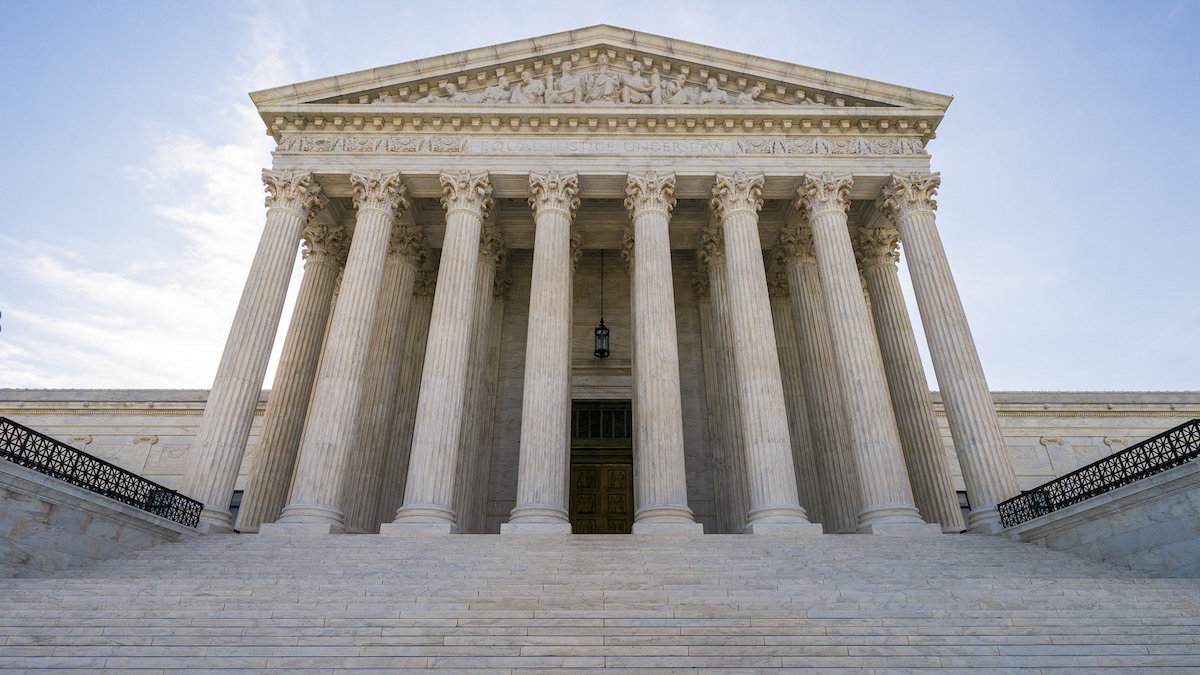In a landmark 6-3 decision, the Supreme Court has upheld Tennessee’s ban on gender-affirming care for transgender minors. The ruling supports similar laws in 26 other states and represents a significant setback for transgender rights across the nation.
Supreme Court upholds Tennessee ban on gender-affirming care for transgender minors

Key Takeaways:
- Supreme Court Upholds Tennessee Ban: The nation’s highest court upheld the state’s prohibition on gender-affirming medical treatments for minors.
- 6-3 Decision Reflects Ideological Divide: The ruling highlights the conservative majority’s influence on the Supreme Court.
- Impact on Transgender Rights Nationwide: Similar laws in 26 states are effectively protected from legal challenges.
- Dissent Highlights Concerns for Transgender Youth: Justice Sotomayor’s dissent underscores the potential harm to transgender minors and their families.
- Ongoing Debates on Gender-Affirming Care: The decision intensifies discussions on the safety and propriety of medical treatments for transgender individuals.
Supreme Court Upholds Tennessee’s Ban
The Supreme Court on Wednesday upheld Tennessee’s ban on gender-affirming care for transgender minors, marking a significant setback for transgender rights in the United States. The 6-3 decision effectively shields similar laws in 26 other states from legal challenges.
Majority Opinion Emphasizes Constitutional Interpretation
Chief Justice John Roberts, writing for the conservative majority, stated that the law does not violate the Constitution’s equal protection clause, which mandates that the government treat similarly situated individuals equally. “This case carries with it the weight of fierce scientific and policy debates about the safety, efficacy, and propriety of medical treatments in an evolving field,” Roberts wrote. He added, “The voices in these debates raise sincere concerns; the implications for all are profound.”
Roberts emphasized the court’s role in interpreting the Constitution rather than making policy decisions. “Our role is only to ensure that the law does not violate the equal protection clause,” he noted. “Having concluded that it does not, we leave questions regarding its policy to the people, their elected representatives, and the democratic process.”
Dissenting Opinion Warns of Impact on Transgender Youth
Justice Sonya Sotomayor, joined by Justices Elena Kagan and Ketanji Brown Jackson, authored a dissenting opinion. Sotomayor argued that the majority’s decision “abandons transgender children and their families to political whims.” She expressed concern over the potential harm to vulnerable minors who rely on gender-affirming care.
Broader Implications for Transgender Rights
The ruling arrives amid a series of federal and state efforts to regulate the lives of transgender individuals, including restrictions on sports participation and bathroom usage. The decision aligns with actions by President Donald Trump’s administration, which has sought to roll back protections for transgender people.
According to the article, Trump’s administration has pushed for bans on transgender athletes in girls’ sports and sought to limit federal spending on gender-affirming medical care for those under age 19, promoting talk therapy instead. The administration has also taken steps to remove transgender service members from the military and define sex as strictly male or female.
Statistics Highlight Affected Population
The Williams Institute at the UCLA School of Law reports that approximately 300,000 individuals between the ages of 13 and 17, and 1.3 million adults, identify as transgender in the United States. These figures underscore the significant number of people potentially impacted by the Supreme Court’s decision.
Ongoing Debates and Future Challenges
The court’s ruling does not affect the 2020 Supreme Court decision that transgender people are protected under federal civil rights law prohibiting sex discrimination in the workplace. However, by upholding Tennessee’s law, the court has refrained from extending similar protections to medical treatments for transgender minors.
The decision may influence future legal challenges and policy debates surrounding gender-affirming care and the rights of transgender individuals. As Chief Justice Roberts noted, the matter now rests with “the people, their elected representatives, and the democratic process.”
Conclusion
The Supreme Court’s affirmation of Tennessee’s ban on gender-affirming care for minors represents a pivotal moment in the ongoing national discourse on transgender rights. The decision highlights the deep ideological divisions within the court and sets the stage for continued debates over the legal and ethical considerations surrounding gender-affirming treatments.











